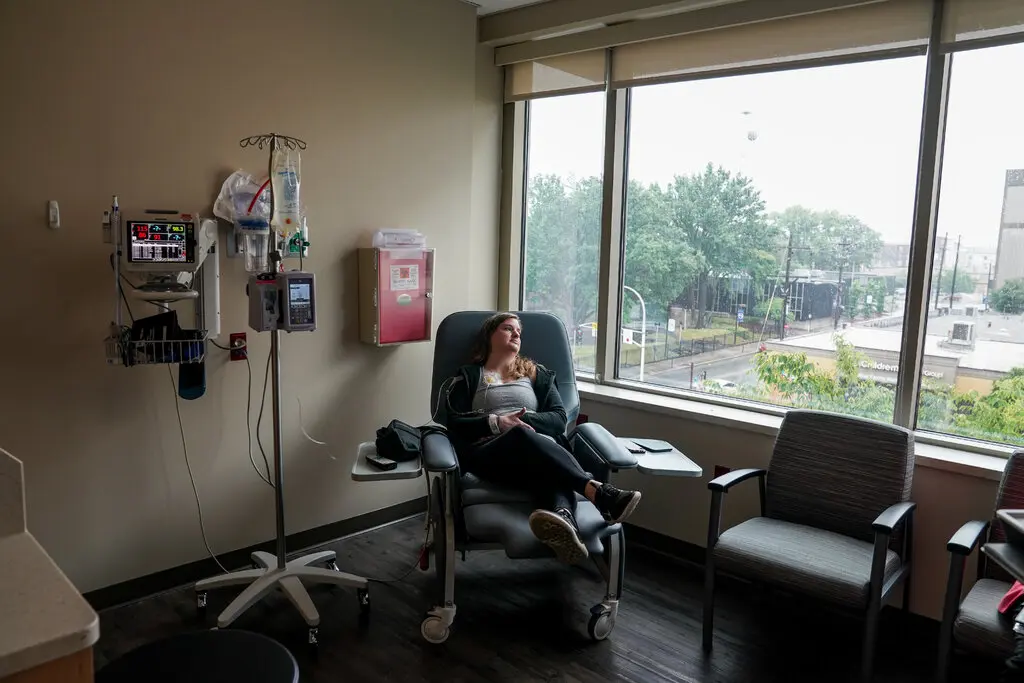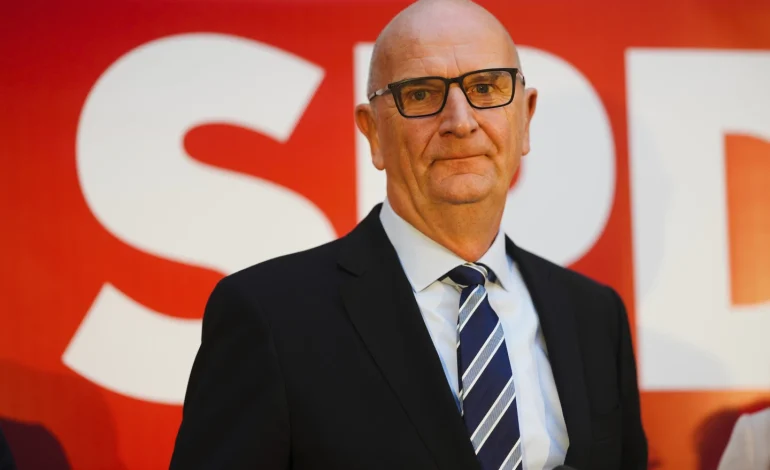German Chancellor Olaf Scholz’s Social Democratic Party (SPD) narrowly won the election in Brandenburg, the state surrounding Berlin, on Sunday, The Associated Press reports.
The victory brought a much-needed respite for Scholz, whose coalition government has struggled in recent elections. However, the far-right Alternative for Germany (AfD) came in a close second, highlighting growing support for extremist views in the region.
The SPD secured 30.9% of the votes, just edging out the AfD with 29.2%. This election followed a heated campaign centered on issues of immigration, security, and peace, with both the AfD and a new leftist movement, the Sahra Wagenknecht Alliance (BSW), advocating for an end to arms deliveries to Ukraine. The BSW secured 13.5% of the vote, while the center-right Christian Democrats (CDU) received 12.1%.
The SPD’s victory in Brandenburg is largely attributed to the popularity of the state’s governor, Dietmar Woidke. Woidke distanced himself from Scholz during the campaign and even promised to resign if the AfD won. His strategy, however, was successful, ensuring the continuation of SPD rule in Brandenburg since German reunification in 1990.
The AfD’s strong performance reflects growing concerns about immigration, internal security, and a weakening economy. The party has gained momentum in recent elections, with their victory in Thuringia in September marking the first electoral victory for a far-right party in Germany since World War II.









